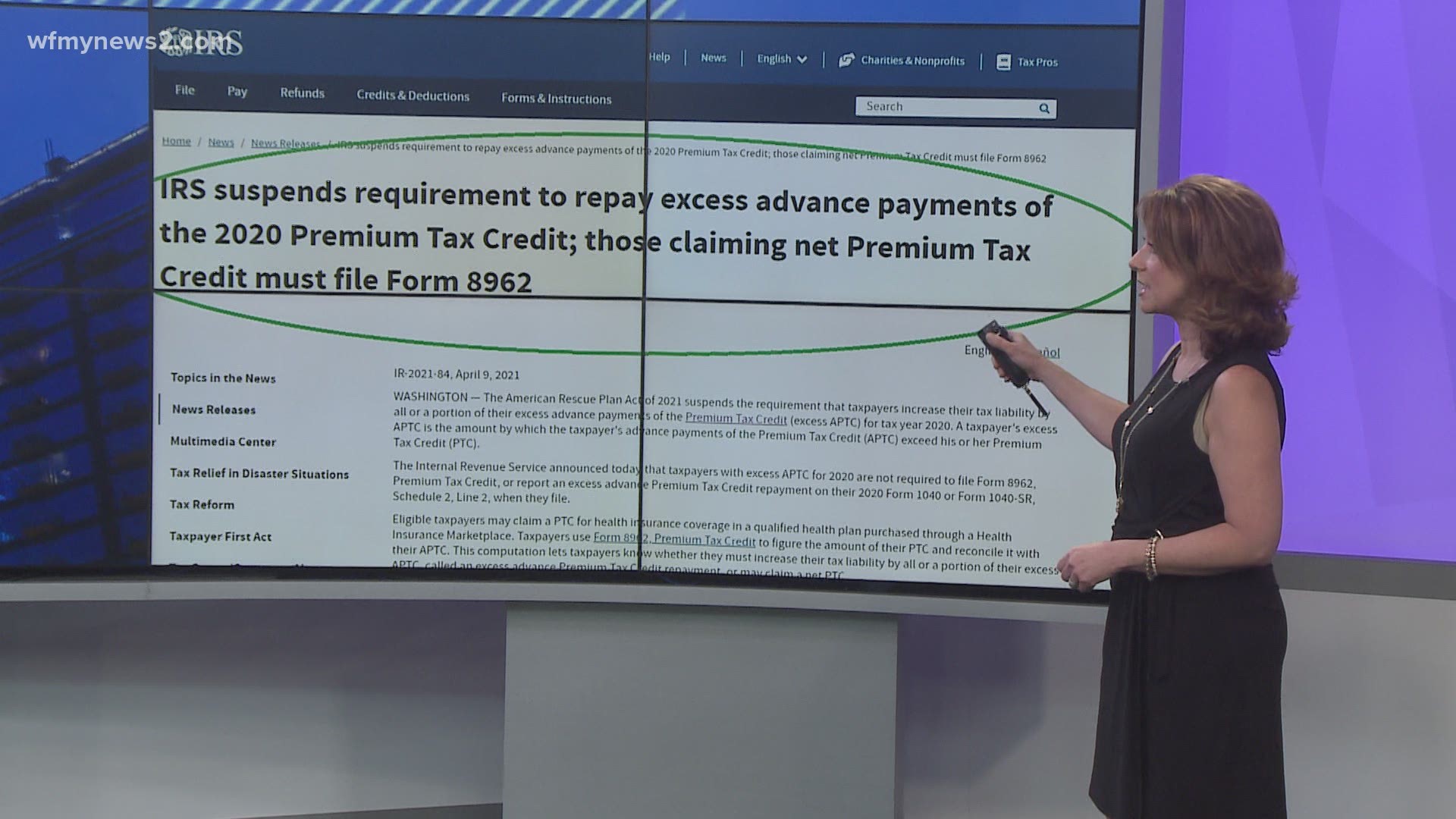U.S. health insurance customers may receive higher premium rebates than normal later this year partly because insurers had less care to cover after COVID-19 arrived in 2020.
Some individual insurance customers could receive premium credits or rebates of nearly $300 on average, according to an analysis of government data from the non-profit Kaiser Family Foundation.
The Affordable Care Act requires insurers to give customers refunds or premium credits if they don’t spend certain percentages of the premiums they collect on care and costs related to it.
Kaiser’s analysis noted that last year hospitals and other care providers canceled surgeries and non-essential care early in the pandemic and then during subsequent COVID-19 spikes.
Kaiser Vice President Cynthia Cox said nearly half of customers in the individual market receive these annual rebates. Some people with employer-sponsored coverage also may get rebates that they share with their company.
Rebate totals will be finalized later this year. They generally are then delivered by the end of September. The totals will vary by market and depend on factors like whether an insurer has already offered premium breaks to counter the drop in care.

